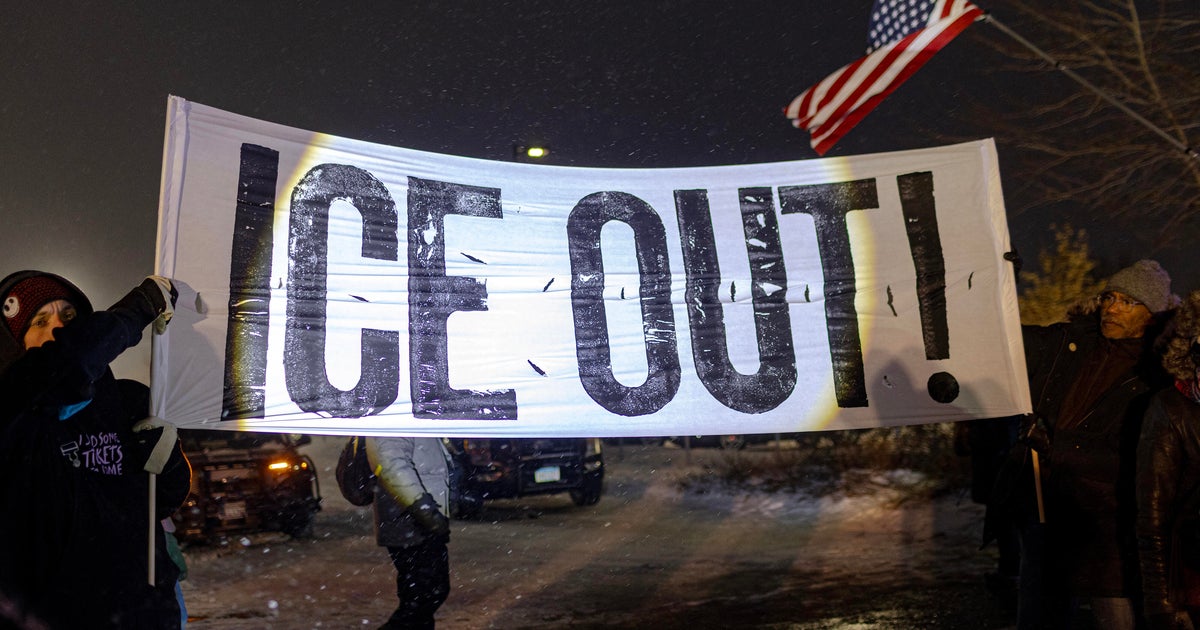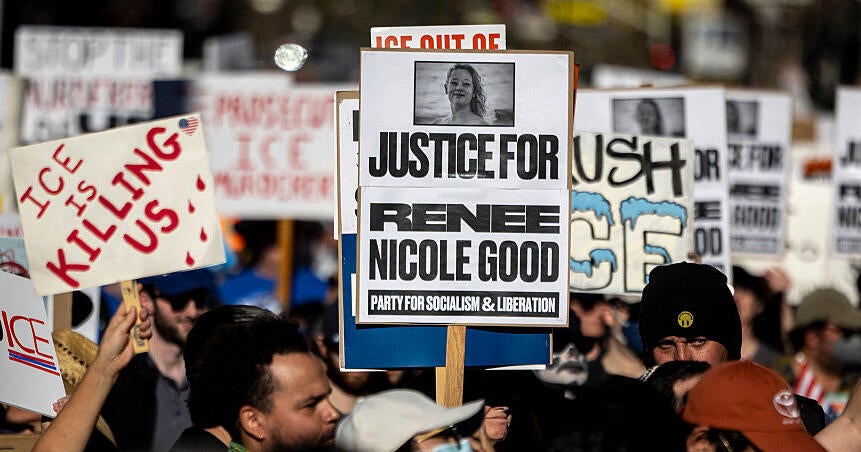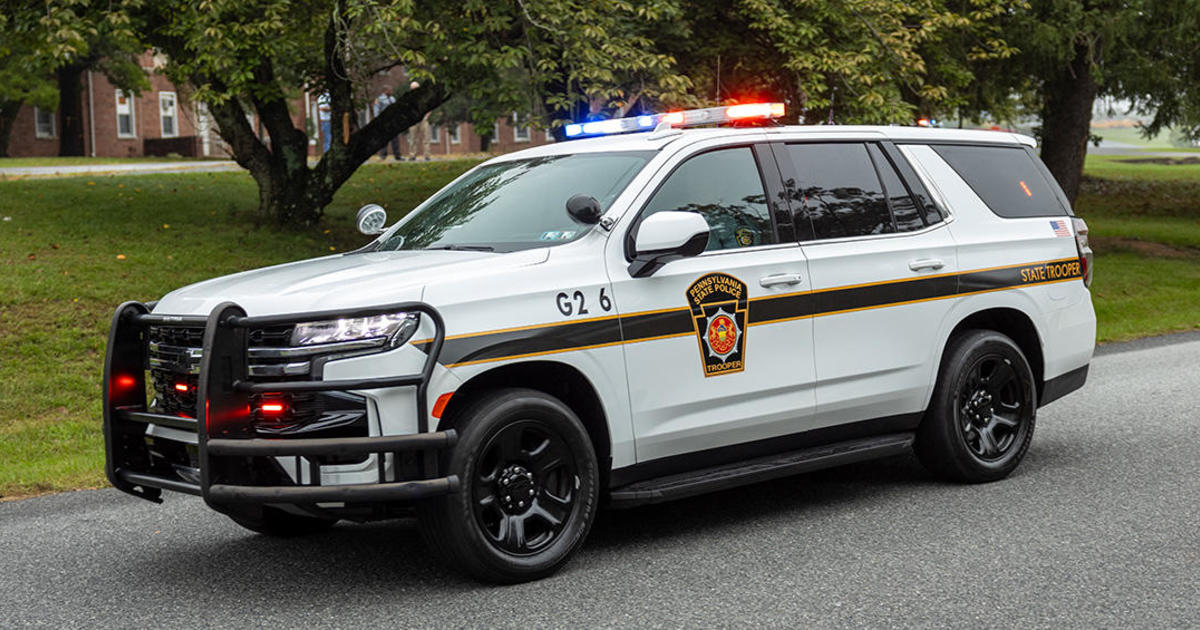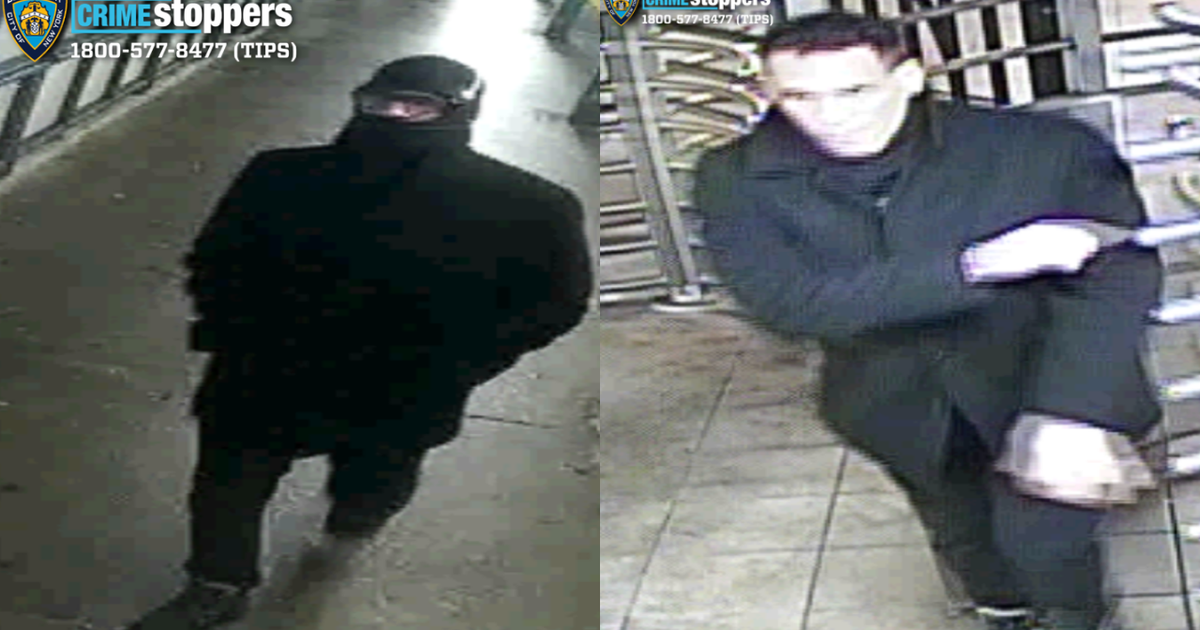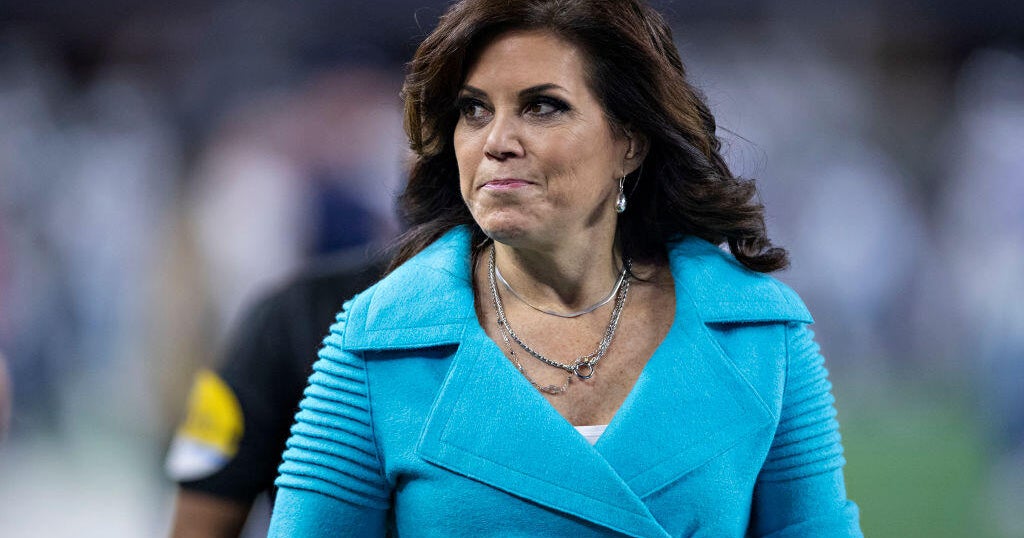Minnesota Is One Of The Best Places To Live ... Unless You're Black, Data Shows
MINNEAPOLIS (WCCO) -- Minnesota ranks near the top of many national lists as among the best places to live -- unless you are African American.
Black Minnesotans have experienced racial disparities for years, and the Land of 10,000 Lakes ranks near the bottom in the United States for African American racial disparity.
Minnesota's long record of economic, education and race discrimination exploding into view after the killing of George Floyd.
For decades, Black families were literally banned from Twin Cities white neighborhoods with real estate covenants, according to the Mapping Prejudice Project at the University of Minnesota.
"The said premises shall not at any time be sold, conveyed, leased, or sublet, or occupied by any person or persons who are not full bloods of the so-called Caucasian or White race," read one of the covenants.
Project organizers say their initial research shows "covenants created demographic patterns that remain in place in Minneapolis today," linking residential segregation that "reinforces other disparities in employment, education and health care."
Today in Minneapolis, only 25.6% of Black families own homes, compared to 76.8% of white families. Without home equity, Black family net worth is one-tenth that of white families.
The Twin Cities Black family median income is $39,851. For white families, it is $82,371.
African Americans are more likely to live in poverty, and less likely to be college ready, and are more likely to be targets of force by police.
In the Twin Cities, 33.1% of Black children live in poverty, compared to 3.9% of white children.
Only 25% of Minnesota's Black high school students are college ready, compared to 69% of white students.
In Minneapolis, Black students make up 36% of pupils, but 76% of school suspensions.
And 60% of the time Minneapolis police used force in the last 10 years, it was against Black citizens.
Had it not been for bystanders videotaping George Floyd's death, we might never have known how he died. The police department press release that night was headlined, "Man Dies After Medical Incident During Police Interaction." It claimed Floyd resisted arrest and "appeared to be suffering medical distress" after he was handcuffed.
Phone video taken by a bystander revealed Floyd was face down on the street while a police officer knelt on his neck for eight minutes and 46 seconds.
Here are some of the sources we used for this Reality Check:
- https://bit.ly/3cTcGC6
- https://pewrsr.ch/2N04Ex7
- https://www.mncompass.org/disparities/overview
- https://bit.ly/2YlqobX
- https://mn.gov/deed/data/data-tools/graduate-employment-outcomes/race-geo.jsp
- https://mn.gov/covid19/data/community-data/data-by-population.jsp
- https://www.prisonpolicy.org/profiles/MN.html
- https://libguides.mnhs.org/aafh
- https://saintpaulhistorical.com/items/show/160
- https://www.mappingprejudice.org/what-are-covenants/
- https://brook.gs/3hnqatF
- https://www.minneapolisfed.org/topic/inequality
- https://www.startribune.com/stark-racial-disparities-remain-as-minneapolis-police-use-of-force-rate-rises-george-floyd/568966861/
- https://www.minneapolisfed.org/~/media/assets/pages/education-acheivement-gaps/achievement-gaps-mn-report.pdf?la=en
